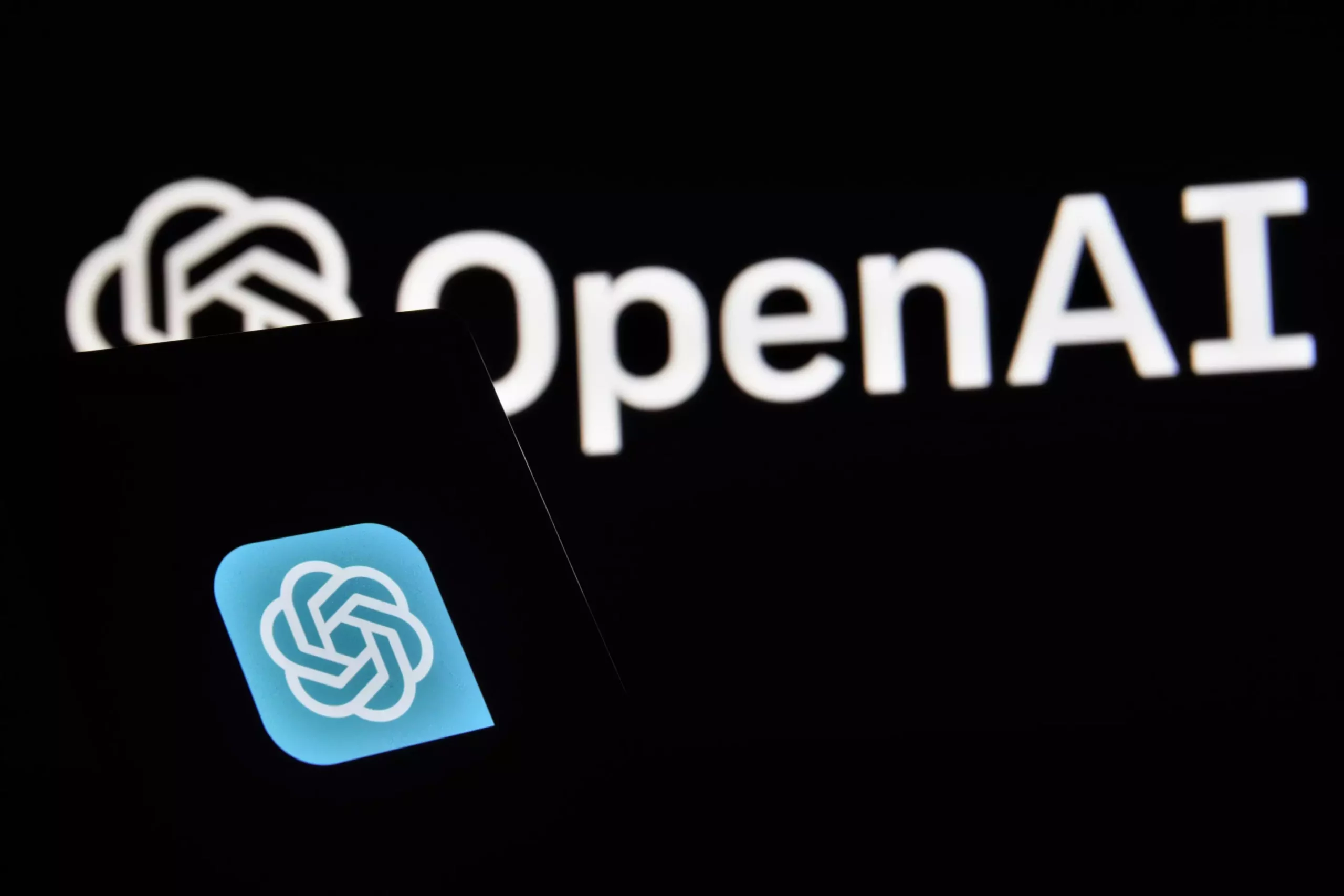Artificial Intelligence (AI) represents a transformative force in various sectors, from healthcare to education. As the technological landscape evolves, so does the conversation around AI’s potential benefits and inherent risks. While AI has the capability to enhance productivity and foster economic growth, it simultaneously poses challenges, from data privacy violations to job displacement. As we navigate this complex terrain, it’s essential to find a balanced approach to regulation, one that addresses the new threats without stifling innovation.
AI has the potential to significantly increase productivity across multiple industries. By harnessing underutilized data, businesses can make informed decisions that improve their operations. In retail, for instance, AI can optimize inventory management and enhance customer experience through predictive analytics. Similarly, in healthcare, AI technologies can streamline patient interactions and facilitate more accurate diagnoses, ultimately leading to better patient outcomes.
However, while the economic upsides are promising, policymakers and industry stakeholders must remain vigilant to ensure that the growth spurred by AI does not come at the expense of societal values. The promise of increased real wages, if accompanied by corresponding job losses or widening income inequality, could lead to social unrest and decreased public trust in technology.
As AI continues to integrate into our daily lives, the associated risks also become more pronounced. Issues such as misinformation through deepfakes, unjust algorithmic decision-making, and threats to individual privacy are all pressing concerns. The reliance on algorithms raises the question of accountability: who is responsible when an AI system leads to harmful outcomes?
Moreover, the potential for AI to exacerbate existing biases in decision-making underscores the urgent need for ethical considerations in its deployment. The idea that AI will inherently lead to better decision-making is a misconception; without proper oversight, these technologies may replicate or amplify the biases present in the data they are trained on.
In the face of these challenges, calls for new AI-specific regulations have gained traction. However, this may not be the most effective path forward. Existing regulatory frameworks already encompass many facets of AI related to consumer protection, privacy rights, and ethical business practices. The challenge lies in adapting current regulations to adequately address the unique characteristics of AI technology rather than creating a new regulatory landscape from scratch.
For instance, we could explore enhancing existing consumer protection laws to account for AI’s capability to mislead or manipulate users. Rather than formulating regulations that are overly specific, a more beneficial approach would involve refining and extending existing rules. This would provide a more coherent legal structure that can adapt to evolving technologies while ensuring that consumers are safeguarded.
One of the significant advantages Australia possesses is its robust regulatory apparatus. Agencies such as the Competition and Consumer Commission and the Australian Information Commissioner have extensive experience in overseeing complex market dynamics. Their proficiency can be instrumental in evaluating the implications of AI and developing benchmarks for its acceptable use.
By leveraging the expertise of these regulators, Australia can ensure that AI’s integration into the marketplace remains aligned with established ethical and legal norms. These organizations can help clarify how existing laws apply to AI scenarios, playing a critical role in fostering public trust in these emerging technologies.
As global markets evolve, the importance of aligning with international regulatory standards becomes apparent. Entities like the European Union are at the forefront of establishing AI regulations, which has repercussions for product developers worldwide. Australia stands to benefit from closely observing and participating in these discussions to avoid isolating itself with regulations that could deter investment.
Becoming a “regulation taker” rather than a trendsetter isn’t a sign of weakness; instead, it allows Australia to position itself advantageously within the global market. Participating in setting international standards can ensure that our interests are represented and that we remain competitive.
Navigating the complexities of AI regulation requires a balanced, nuanced approach. By focusing on adapting existing laws and bringing regulatory bodies into the fold, we can minimize risks while harnessing the potential benefits AI has to offer. The key lies not in the creation of stringent, specialized regulations but in the intelligent application of current frameworks that allow for innovation while protecting public welfare. The ongoing development of AI necessitates continuous evaluation and adjustment, ensuring that progress does not compromise our societal values.

